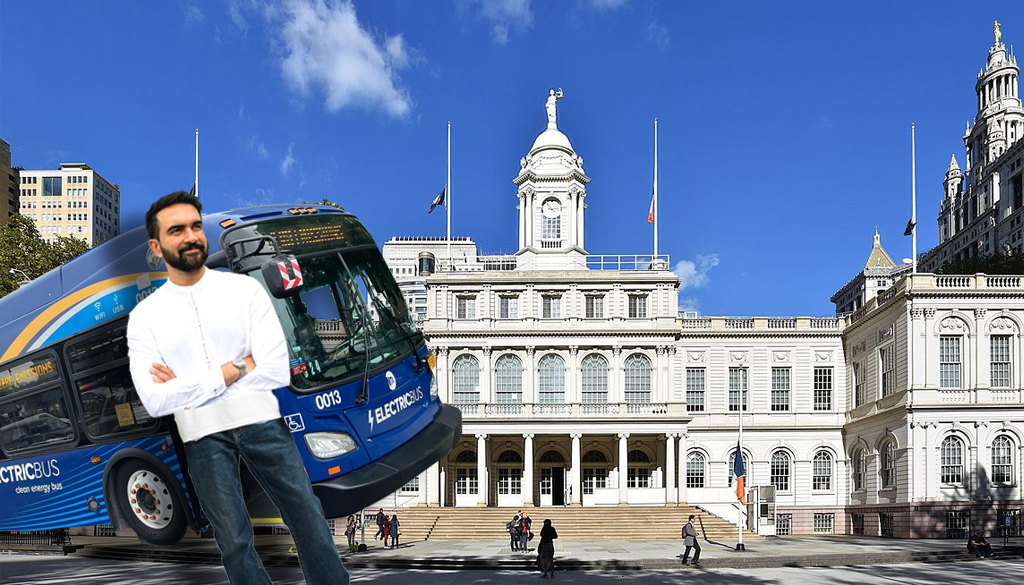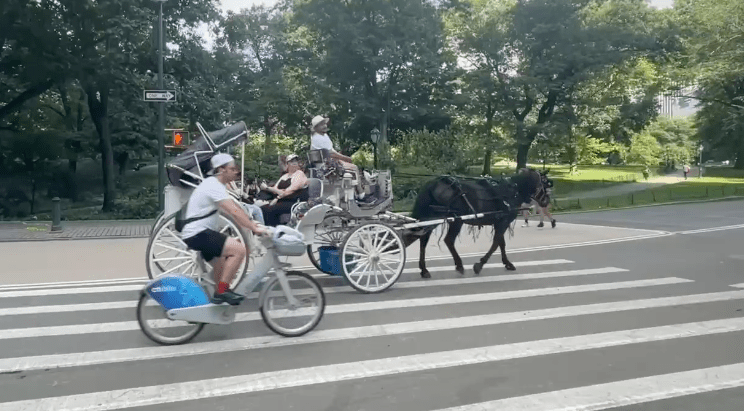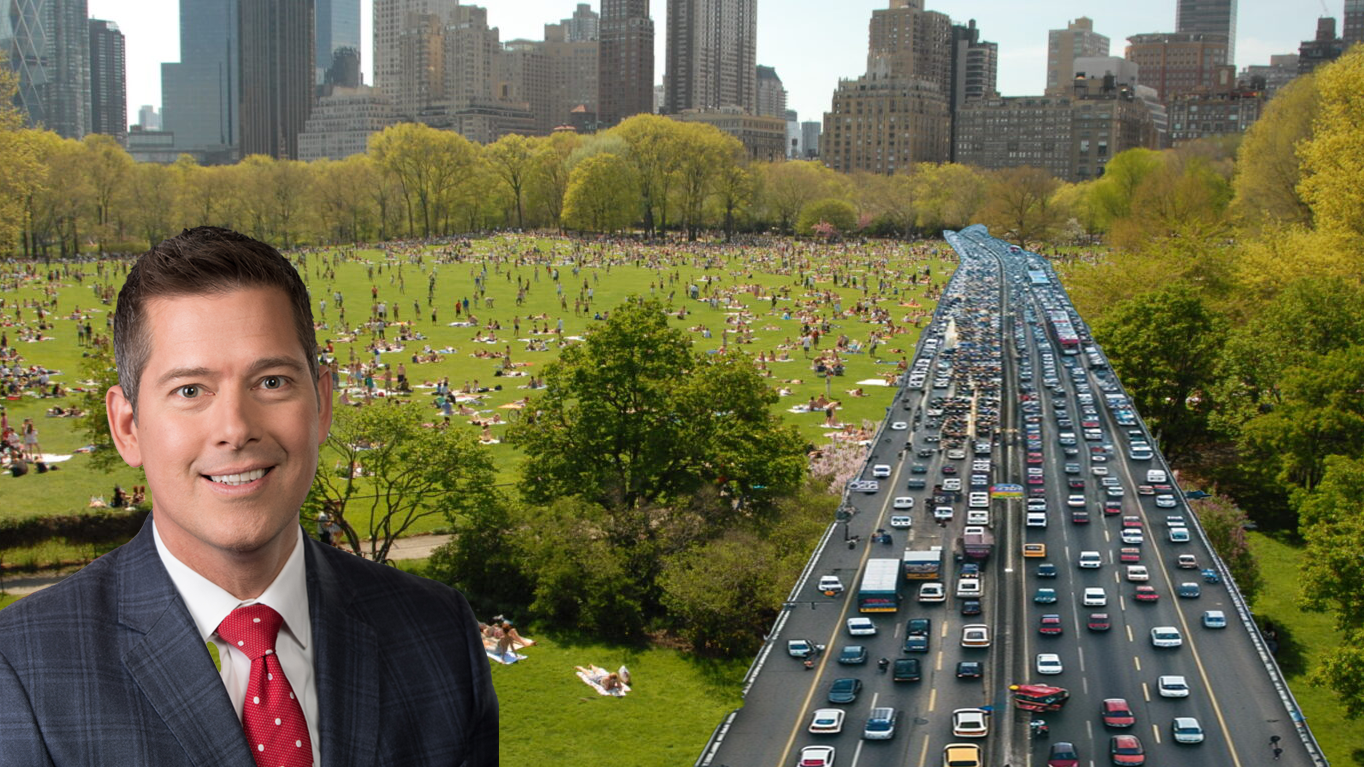The Charter Revision Commission's preliminary report is out, and the headline news is that while term limits and instant runoff voting got nods, the Bloomberg priority of non-partisan elections didn't make the cut. The land use process, which was the subject of an entire commission forum last month, will likely remain unchanged for the time being.
 Image: Pratt Center
Image: Pratt CenterRevising the charter -- the city's constitution -- could affect the future shape of New York's streets and public spaces in a variety of ways. The charter lays out the approval process for almost all development, for example. Less directly, by changing the powers granted to community boards, a charter revision could shift the terms of debate over issues like bike lanes or parking.
While a series of major revisions were floated at last month's land use forum -- like requiring comprehensive planning in addition to targeted rezonings, increasing the power of borough presidents and community boards in the land use process, and reforming the weak 197-a community planning process -- today's report recommends any proposals that "significantly implicate important structural issues... should be reserved for future consideration."
With regards to land use, the report makes only two small recommendations, each based on practices adopted by two borough presidents. Manhattan Borough President Scott Stringer now uses a formal application process to become a community board member, tries to select members from diverse constituencies, and provides members with training in land use, parliamentary procedure, and conflict of interest law. Staten Island BP James Molinaro holds regular meetings bringing the borough offices of a variety of city agencies together in one place. Each of these practices was put forward for further consideration by the commission.
Adam Friedman, the director of the Pratt Center for Community Development, said that holding off on reforming the land use process is understandable, but that the need for change shouldn't be forgotten. "It's appropriate to take this lead time," said Friedman, "but you do have to begin the process." Friedman also urged the Commission to act immediately on strengthening the "Fair Share" provision of the charter, which requires public facilities to be spread across the city, due to a particularly large set of projects in the works in this coming year. The Pratt Center has been advocating for a more comprehensive, community-based, and equitable planning process.
Today's report is only preliminary, laying out which changes seem desirable and feasible based on the commission's work so far. The commission itself will make final decisions later, after another round of public meetings, so these recommendations are just one step in what commission chair Matthew Goldstein has referred to as an "iterative" process.





